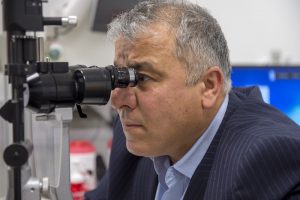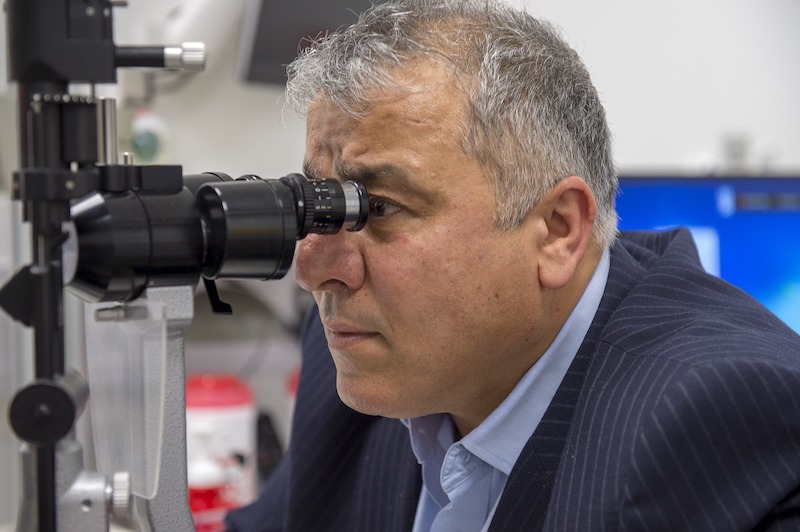When you take a moment to consider things, our eyes have a heavy workload! We expect them to do a job that is essential for us without even thinking about it. They are needed for both distance work and close up, and while they get rest at night, they are working constantly the rest of the day. Of course, eyes are not a machine, but they are subject to problems and malfunctions. One of these that is quite common is Dry Eyes, a condition that manifests as dryness, itchiness and discomfort in the eyes and that can be chronic.
If you’re looking for a dry eye clinic in Winnipeg you’ll find there are many, each offering a range of treatments. One such is Prairie Eye Care, which is a typical eye care clinic with a full menu of available treatments. Here we will talk about dry eyes, what causes it, and the treatments that can help.
What Causes Dry Eyes?

Dry eyes is a not uncommon ailment that is experienced by many people. For some it is a chronic condition. Symptoms of dry eyes include:
- An itchy feeling to the eye or a feeling it is scratched
- Stinging feelings in the eyes
- Red eyes
- Blurred vision
- Sensitivity to bright light
It is caused when the glands do not produce enough tears for you to be comfortable. Other causes of dry eyes can include the tears drying up too quickly, and also tears that simply don’t do the job they are meant to do.
People who are most susceptible to dry are may fall into the following groups:
- Wearers of contact lenses
- Persons over 50 years of age
- A vitamin A deficiency (found in food such as liver, carrots, broccoli and more)
- Omega -3 fatty acid deficiency (fish, walnuts, vegetable oils and more)
- Patients with some autoimmune conditions such as lupus.
It has also been found that sufferers of dry eye are far more likely to be women than men, but the reason is not yet known.
Treatment for Dry Eyes
A dry eye clinic such as that mentioned may recommend a variety of different methods of treatment, including:
- Lifestyle changes: this can include your diet and the amount of water you drink to gain the vitamins and acids mentioned above and improve hydration. They may also suggest avoiding smoke, wind and air conditioning, and increasing the humidity in the home and workplace. Spending less time staring at screens is also recommended, as is getting a good and regular nights sleep of at least 7 hours.
- Eye drops: for mild cases of dry eye over the counter eye drops may be enough to help.
- Prescription medication: your optician or eye clinic may recommend you begin taking certain medications that have been found to help with dry eye. They may also recommend you stop other medications that may be adding to the problem, so ensure you discuss this with your dry eye clinic.
- Tear duct plugs: these are tiny plugs that are inserted into your tear ducts to stop them draining too quickly.
- Surgery: if the dry eye is very serious there may a surgical solution involving the manipulation of your eyelids, which is safe and performed very often.
Final Verdict
We hope this brief article has helped you understand dry eye and its causes, and the importance of finding the best dry eye clinic, so our last word is to advise that you get the cost of treatment and accessories in advance so you can sort a budget to suit.
Recent Posts
- Castor Oil For Better Hair Growth: Is It Myth Or Fact?
- Exploring the Differences Between Sermorelin, Ipamorelin, Ibutamoren, GHRP2, and GHRP6: Understanding Their Role in Human Growth Hormone Regulation
- Unraveling the Mystery: Understanding the Causes and Prognosis of Ventricular Tachycardia Without Apparent Heart Disease
- Understanding Grandparents’ Rights in Oklahoma: Navigating Visitation and Legal Protections
- 10 Reasons to Consider Hypnotherapy for Your Health

